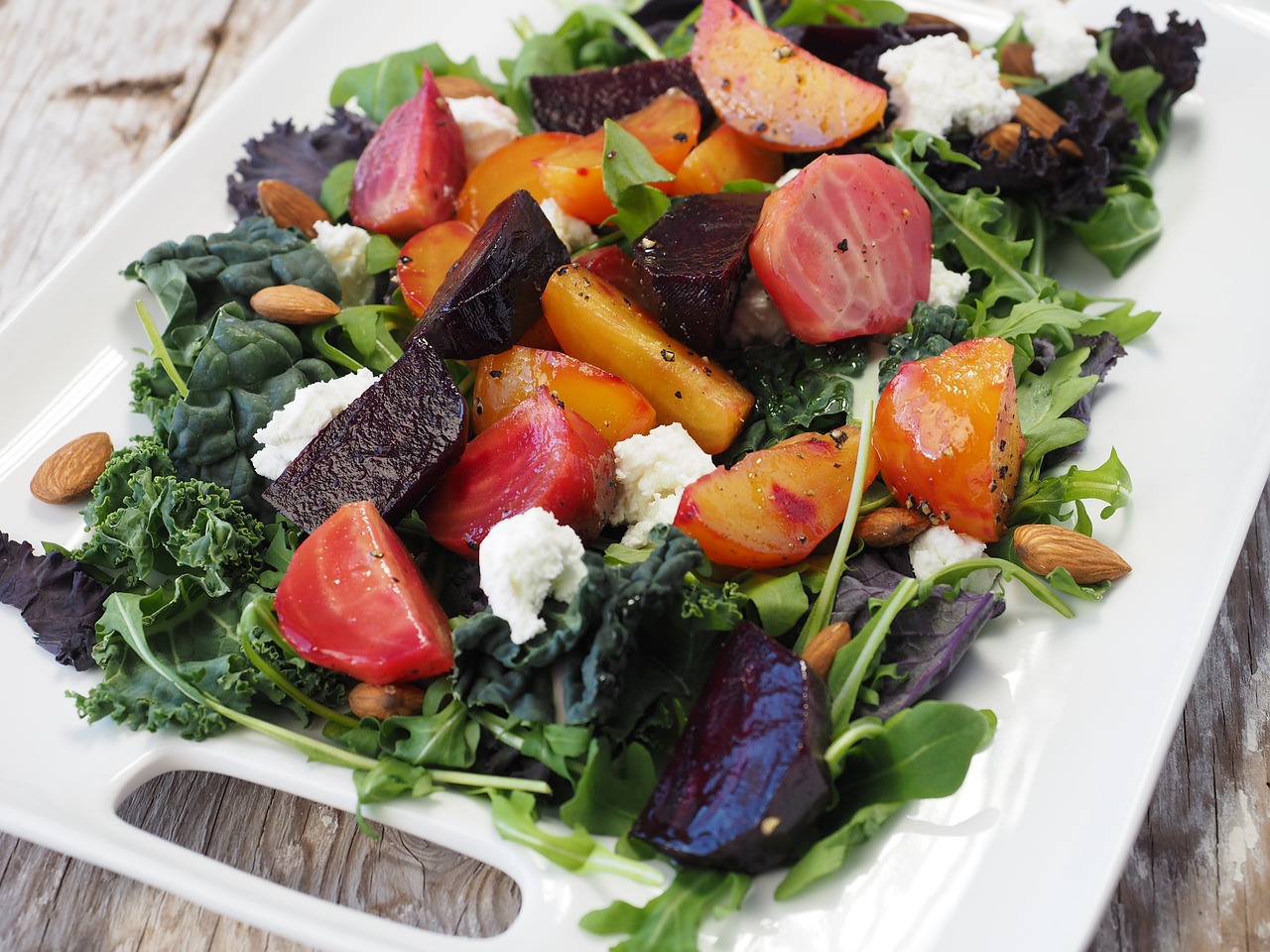“`html
Nutrition Tips: Elevate Your Health with Smart Eating Choices
Maintaining a balanced diet is crucial for overall health and well-being. With countless diets and nutrition advice available today, it can be overwhelming to know where to start. This blog post aims to simplify the process by offering essential nutrition tips designed to cultivate a healthier lifestyle. Whether you’re looking to lose weight, gain energy, or simply eat better, our actionable insights will guide you toward making informed choices that benefit your body and mind.
Understand the Basics of Nutrition
The foundation of good health lies in understanding nutrition. Grasping basic nutrition concepts helps you make smarter food choices.
Macronutrients: The Building Blocks of Your Diet
- Carbohydrates: Your primary energy source. Include whole grains, fruits, and vegetables.
- Proteins: Essential for muscle repair and growth. Sources include meat, fish, dairy, legumes, and nuts.
- Fats: Needed for hormone production and nutrient absorption. Focus on healthy fats from avocados, olive oil, and fish.
Micronutrients: Vital for Overall Functioning
- Vitamins: Essential for immune function, energy production, and bone health. Incorporate a variety of fruits and vegetables.
- Minerals: Necessary for numerous processes, including hydration (sodium, potassium) and bone health (calcium).
Plan Balanced Meals
Meal planning is an effective strategy to ensure you’re consuming a well-rounded diet.
Creating a Balanced Plate
- Half your plate: Fill it with fruits and vegetables.
- One quarter: Add whole grains.
- One quarter: Include lean proteins.
Smart Snacking
- Choose snacks that combine protein and fiber, such as:
- Hummus with carrot sticks
- Greek yogurt with berries
- A handful of nuts
Stay Hydrated
Hydration plays a critical role in overall health and aids digestion, nutrient absorption, and energy levels.
Drink More Water
- Aim for at least 8-10 cups of water daily, or more if you’re active.
- Track your intake using apps or water bottles with measurements.
Hydration Alternatives
If you’re not fond of plain water, try:
- Infused water with fruits like lemon, cucumber, or berries.
- Herbal teas that add flavor without extra calories.
Portion Control: Mind Your Serving Sizes
Understanding portion sizes can help prevent overeating and maintain a healthy weight.
Using Visual Cues
- Plates and Bowls: Use smaller plates for meals.
- Fist Method: A serving of protein should be the size of your palm.
- Thumb method: Use your thumb for healthy fats, like nut butter or oils.
Mindful Eating Practices
- Slow down during meals to appreciate flavors.
- Avoid distractions like TV or smartphones while eating.
Listen to Your Body
Intuitive eating encourages awareness of hunger and fullness signals, helping you develop a healthier relationship with food.
Recognize Hunger Cues
- Physical Hunger: Generally feels like an empty stomach.
- Emotional Hunger: Often linked to stress or boredom, rather than physical need.
Responding to Cues
When you’re hungry, opt for nutritious choices. If you’re unsure if you’re eating because of actual hunger or emotional triggers, take a moment to pause before reaching for food.
Conclusion
Adopting healthy nutrition habits is a gradual process that requires patience and practice. By understanding the fundamentals of nutrition, planning balanced meals, staying hydrated, controlling portions, and listening to your body’s needs, you can significantly enhance your overall health. Small, consistent changes can lead to powerful, long-term results. Remember, the goal is to establish a lifestyle that you can maintain sustainably, leading to a healthier and happier you.
“`



